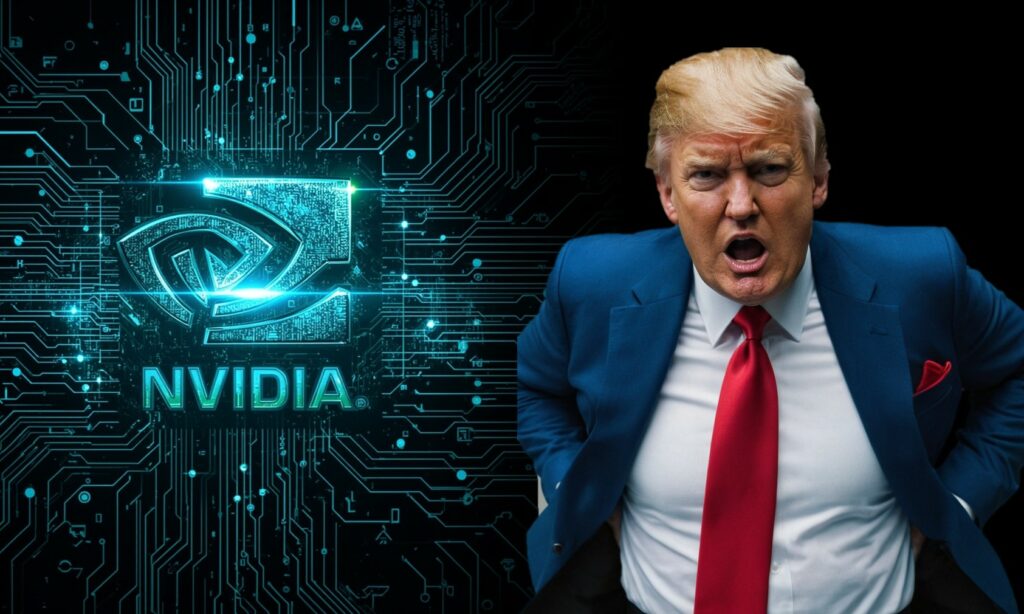
Reuters reported that Trump told reporters during a pre-recorded interview on CBS’s “60 Minutes” and on Air Force One during the return flight: “We’re not going to let any country have the most advanced chips except the United States.” Trump added: “We’re not going to sell Blackwell chips to anyone else.”
These remarks suggest that the Trump administration may plan to impose tighter export restrictions on cutting-edge U.S. artificial intelligence chips than in the past, potentially cutting off China and other countries from access to these high-performance semiconductors.
Furthermore, the Wall Street Journal, citing U.S. officials, reported that during his meeting with Chinese President Xi Jinping in Gyeongju, South Korea, on October 30, Trump decided not to mention the issue of Nvidia’s high-end chips . Previously, it was expected that he would discuss the chip issue with Xi during the summit.
In July this year, Trump unveiled a new blueprint for the development of artificial intelligence, aiming to loosen some environmental regulations and expand AI technology exports to allies, in order to consolidate the United States’ leadership position in key technology sectors compared to China.
However, his recent statements have shown signs of a toughening of his policies. Just last Friday (October 31), Nvidia announced it would supply over 260,000 Blackwell AI chips to South Korea, whose customers include major South Korean companies like Samsung Electronics. This move has sparked speculation that Trump will allow China to obtain a “watered-down” version of the Blackwell chip.
Responding to 60 Minutes, Trump said he would not allow the sale of Blackwell’s most advanced chips to Chinese companies, but did not entirely rule out the possibility of China obtaining lower-performance versions: “We’ll let them work with Nvidia, but not with the most advanced ones.”
The U.S. political establishment has reacted strongly to reports that China may receive a lower-performance version of Nvidia chips . Representative John Moolenaar, chairman of the House Special Committee on China, warned that allowing any version of Blackwell chips into China would be tantamount to “providing Iran with materials that could be used to build nuclear weapons.”
Meanwhile, Nvidia CEO Jensen Huang said at an event last week that the company has not yet applied for export licenses for the Chinese market because “the Chinese side has made it clear that they do not want Nvidia to operate in the region at this time.” He also emphasized, however, that revenue from the Chinese market is “essential” to support Nvidia’s investment in research and development in the United States.
Follow us on Google News to receive daily updates on cybersecurity. Contact us if you would like to report news, insights or content for publication.
